
Delegates voted to approve the program of the 11th Provincial Party Congress, term 2020-2025. Photo: Tam Giang
In the book “Resolutely and persistently fight against corruption and negativity, contributing to building our Party and State increasingly clean and strong” by General Secretary Nguyen Phu Trong, there is an article from 2004 discussing the principle of democratic centralism.
At that time, the author emphasized that, in addition to efforts to overcome objective difficulties, the Party had to try very hard to overcome subjective shortcomings, such as bureaucracy, commandism, and authoritarianism in a number of leadership and management agencies; phenomena of moral decline and lifestyle of a number of cadres and Party members, especially phenomena of corruption, harassment of people, and abuse of power for personal gain.
The author affirms that implementing the principle of democratic centralism well is an important issue to ensure that the Party is truly tight in organization, united and has high fighting power. In the late 80s and early 90s of the 20th century, before the disintegration of the Communist Party of the Soviet Union and Eastern Europe, before new attacks from hostile forces, in Vietnam there were also signs of wavering on the issue of implementing the principle of democratic centralism. There appeared a tendency to want to lower or deny the principle of democratic centralism, wanting to apply the Western-style "pluralism, multi-party" regime.
The Party has promptly corrected these deviations, requiring Party committees and organizations at all levels to do a good job ofeducation , unifying awareness, and at the same time directing the building of a mechanism to ensure good implementation of the principle of democratic centralism within the Party.
On the one hand, it is necessary to fully exercise the democratic rights of party members, have regulations and procedures for party members to directly participate in the process of planning and organizing the implementation of the Party's guidelines, policies and strategies; leaders, especially heads of Party committees, must respect and listen to the opinions and creative work of party members and subordinates; listen to different opinions before making decisions; practice collective democracy in personnel work.
On the other hand, we must fight against the tendencies of formal democracy or extreme democracy, which want to take advantage of democracy to cause division, factionalism, demagogy, and following the backward masses. True democracy cannot be achieved without concentration, discipline, and responsibility.
Democracy is not compatible with autocracy, despotism, nor is it anarchy . If we deviate from or disregard the principle of democratic centralism, we will distort the Party's organization from its very nature. If we do not properly implement the principle of democratic centralism, we will weaken the Party's strength from its roots.
In building and perfecting the Party's organizational system and political system, the Party always upholds the spirit of positivity, science, synchronization, and adherence to political tasks. Building an organizational system is not only about arranging the organizational structure but also clearly defining the functions, tasks and operating regulations of each organization as well as the entire system. Overcoming overlapping, unclear functions, and duplication of work; resolutely cutting down redundant departments and unnecessary intermediaries.
Practice in recent years has further demonstrated the truth: cadres play a decisive role; cadre work is of special importance. As the ruling Party in the current conditions, the Party must constantly take care of cadre work; take care of cadres for the entire political system, in all fields.
Close connection with the people is the law of the Party's existence, development and operation, and is the decisive factor in creating the Party's strength. This is a relationship of "mutual trust" and "mutual confidence" as Lenin said. The people believe in the Party, support the Party, and follow the Party to make revolution.
The Party does its utmost to serve the people, promoting the role and the never-ending creativity of the people. In the conditions of a ruling Party, this issue is of special importance, because, as Lenin said, one of the greatest and most frightening dangers for a ruling party is that the Party cuts itself off from the people.
Since its founding, the Party has been supported, sheltered, and wholeheartedly helped by the people. And thanks to that, the Party has the ability and strength to lead the revolution to overcome all difficulties and defeat all enemies, even the most brutal ones. Close contact with the people is a fine tradition of the Party, a great lesson of the Vietnamese revolution.
Today, in new conditions, with the great scale and stature of the revolution, with the increasingly high role and level of the people, with its new position, the Party has more favorable conditions to expand and strengthen its connection with the people.
But on the other hand, with its position as the ruling Party, its new nature and leadership methods, the relationship between the Party and the People also has higher demands and is facing new challenges. In addition to efforts to overcome objective difficulties, the Party must try very hard to overcome subjective shortcomings, such as bureaucracy, commandism, and authoritarianism in some leadership and management agencies; the decline in morality and lifestyle of a number of cadres and Party members, especially corruption, harassment of the people, abuse of power for personal gain, and suppression and oppression of the masses.
The Resolution of the 9th Party Congress affirmed the building and strengthening of the great national unity bloc to promote the combined strength, carry out the cause of innovation, industrialization and modernization of the country, considering this the main driving force for building and developing the country. Since 1998, the 8th Politburo has issued a directive to implement the grassroots democracy regulations and actively directed to strongly promote and implement the people's right to mastery.
The Party requires and builds mechanisms and regulations that force Party committees and organizations at all levels to organize and create favorable conditions for people and people's organizations to regularly participate in Party work, contribute ideas to build Party policies and guidelines; supervise and criticize cadres and Party members; introduce worthy people to be elected to Party and State leadership bodies; introduce qualified people to be admitted to the Party ranks; help Party organizations do a good job of inspecting, detecting and fighting against corruption and negative acts...
In fact, during the years of renovation, many people's organizations, social and professional organizations were established, consolidated, innovated in content and methods of operation, and had many rich and creative activities, making practical contributions to the cause of national renovation in general and Party building in particular.
The Party's leadership is the Party that sets out guidelines and policies, and at the same time leads the State to incorporate those guidelines and policies into the State's activities, institutionalize the Party's guidelines and viewpoints into policies and laws, and manage, operate, and organize their implementation.
The Party arranges cadres and inspects the implementation of the Party's guidelines, policies, and viewpoints. Any ruling party must do the same. That is the reason for its existence, and it is an irreplaceable function of the ruling party.
What must be done so that when people implement the policies and laws of the State, they are also implementing the Party's platform and guidelines. When a court tries a criminal, concludes a charge or sentences a sentence, it is based on the State's laws, which also reflects the Party's viewpoint, ideology and attitude.
As for how to turn the Party's platform and guidelines into State policies and laws, that is the mechanism, method, and art of leadership. A decisive measure is that the Party must send cadres and Party members with prestige, capacity, and high Party spirit to work in State agencies, holding key positions in the State apparatus, and at the same time have a mechanism to inspect the activities of those Party members.
There are concerns that if key Party officials also hold key government positions, it will easily lead to autocracy and dictatorship. There must be a mechanism to check, control, and prevent negativity. It is true that there must be a mechanism.
In addition to the education and management of the Party cell and the supervision and criticism of the people, one of the mechanisms to ensure the leadership and inspection of the activities of Party members working in the State apparatus is the Party delegation (in elected bodies) and the Party executive committee (in executive bodies and judicial bodies); clearly defining the authority and responsibility of the Party delegation, the Party executive committee, the authority and responsibility of the heads of State agencies. This mechanism is the manifestation and creation of conditions for implementing the principle of democratic centralism in Party activities and the democratic and persuasive nature in the leadership method for State agencies.
Viet Dong
Source









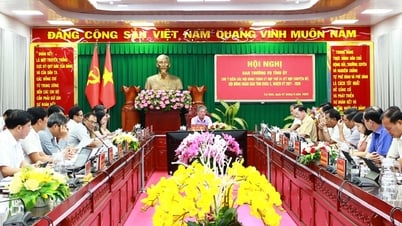
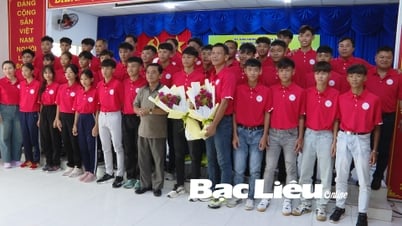
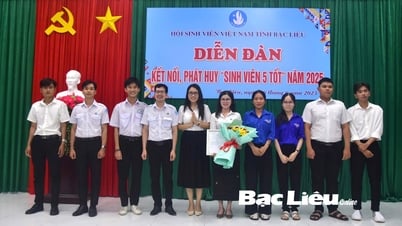
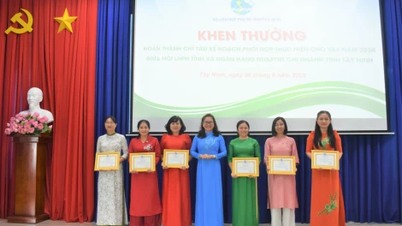









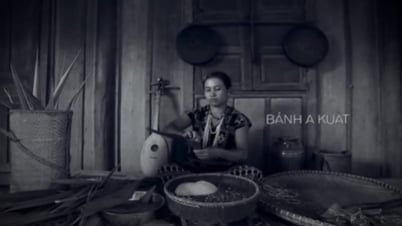































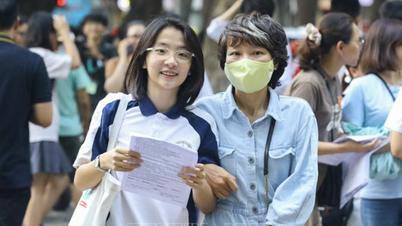
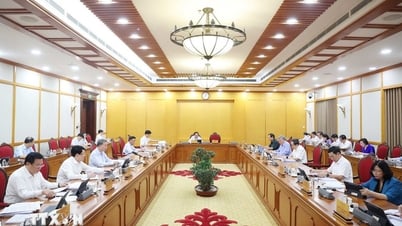
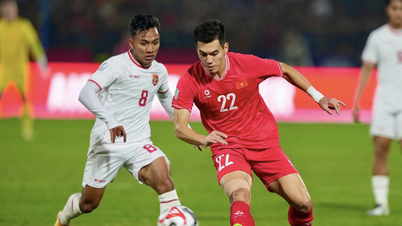


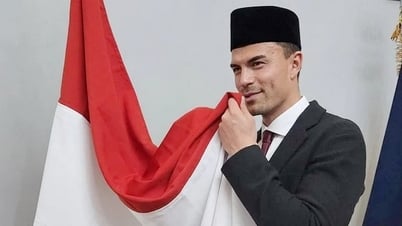








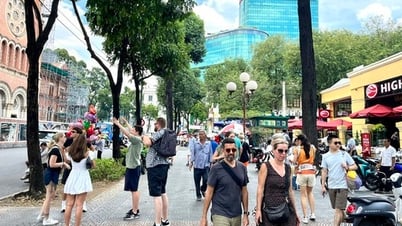
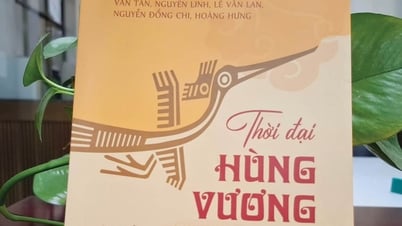





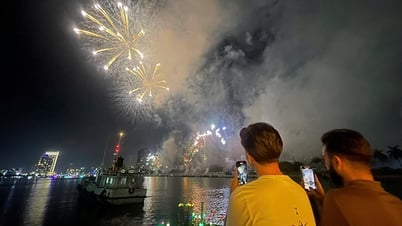

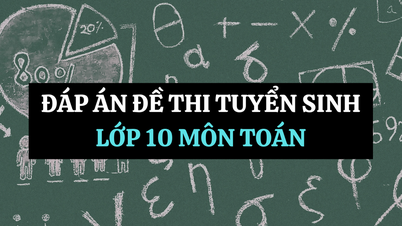

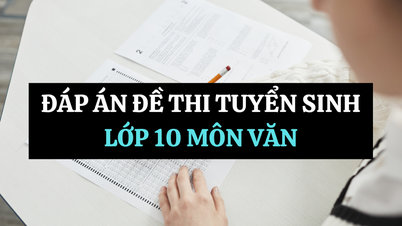







![[OCOP REVIEW] Tu Duyen Syrup - The essence of herbs from the mountains and forests of Nhu Thanh](https://vphoto.vietnam.vn/thumb/402x226/vietnam/resource/IMAGE/2025/6/5/58ca32fce4ec44039e444fbfae7e75ec)


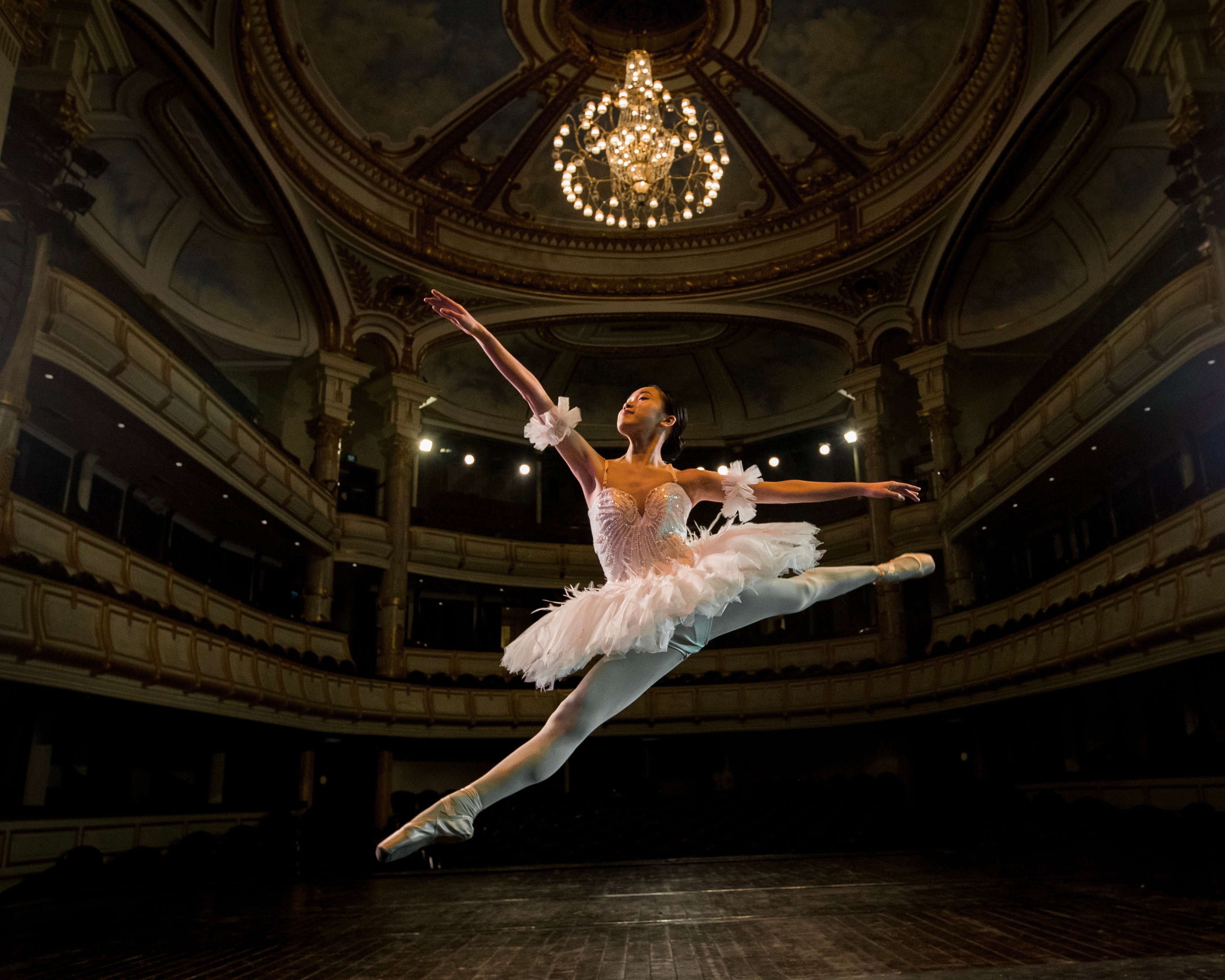
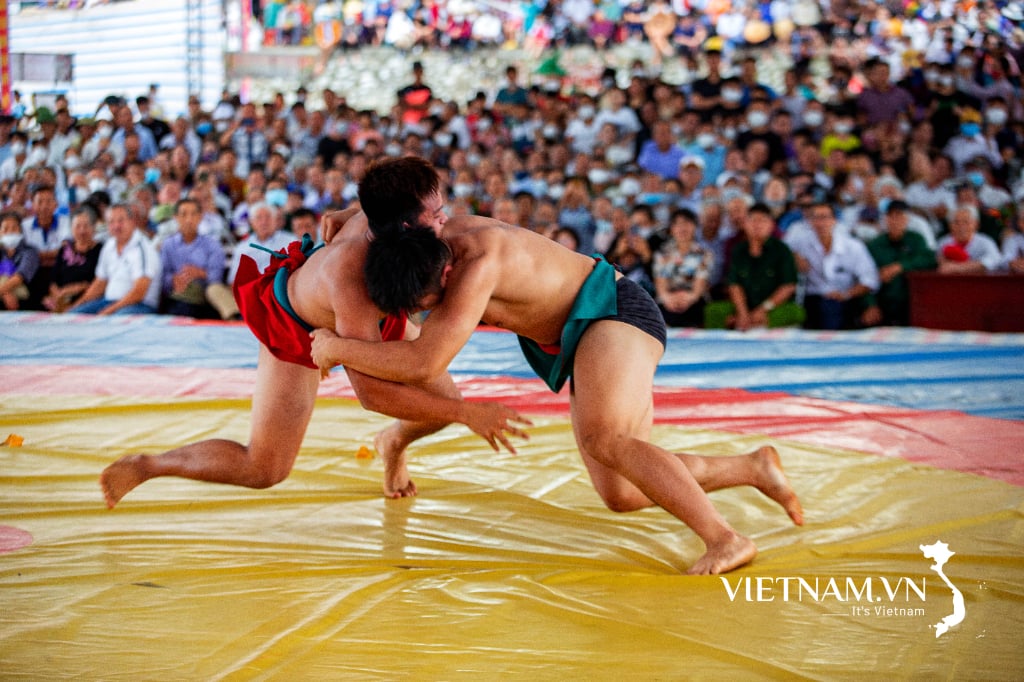
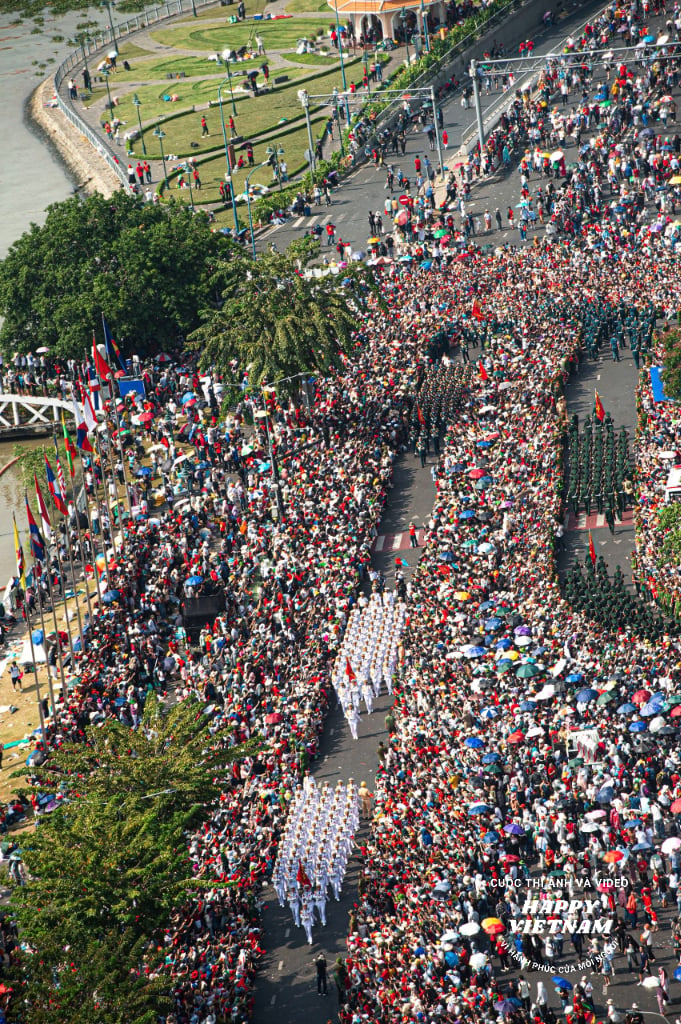
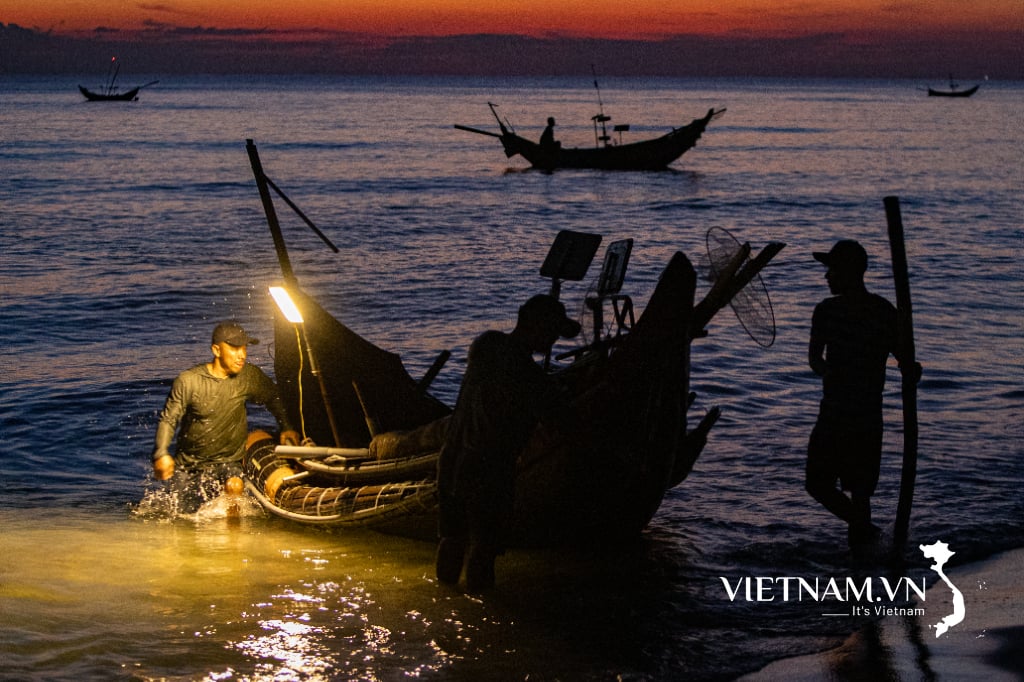
Comment (0)